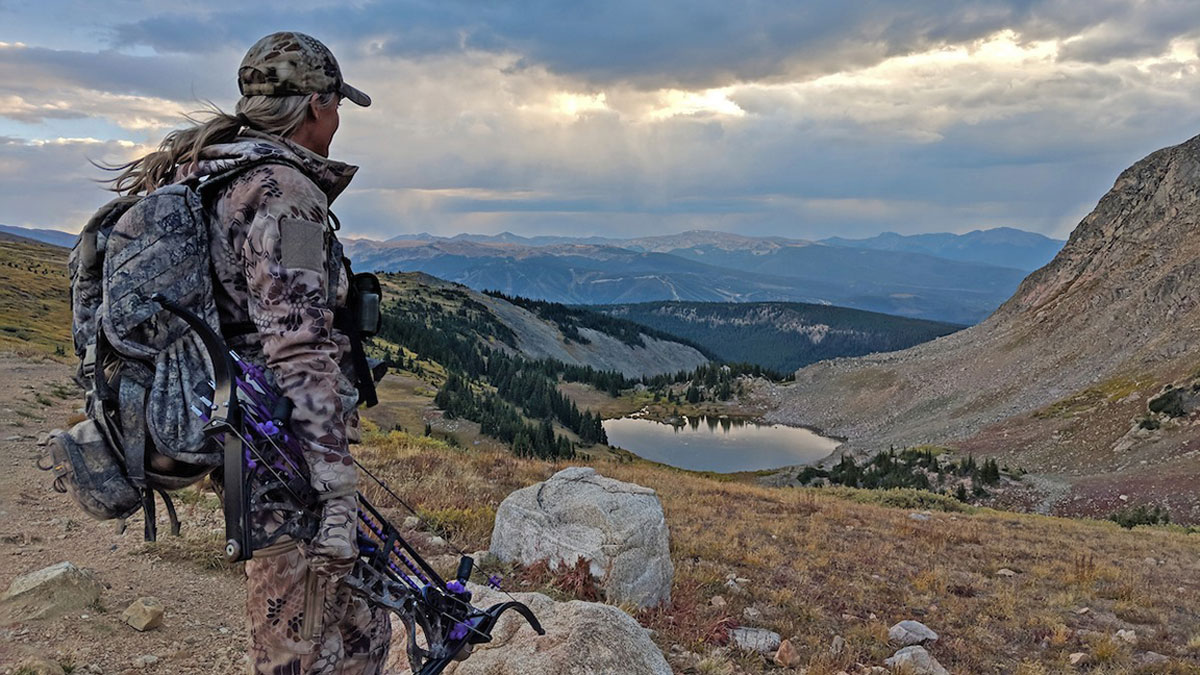Below is a news release from Colorado Parks and Wildlife.
Coloradans have a rich tradition of embracing an outdoor lifestyle and participating in outdoor recreation that involves wildlife in their natural habitats, including hunting and fishing. Our outdoor resources are the foundation of our strong economy and a key contributor to the Colorado way of life. In order to ensure that outdoor traditions can be passed down to future generations, Colorado Parks and Wildlife is dedicated to protecting critical wildlife habitats so wildlife and recreation can be enjoyed in Colorado for decades to come.
Many people may not realize that when hunters and anglers buy their licenses they also purchase a Habitat Stamp. This additional stamp allows Coloradans and visitors alike to enjoy wildlife in their natural habitats while also paying it forward to protect habitats so wildlife can flourish into the future even in the face of increased human populations. People that purchase a hunting or fishing license help maintain healthy wildlife populations both through sustainable hunting and fishing as well as by funding conservation projects.
Habitat Stamp purchases provide the core funds for the Colorado Wildlife Habitat Program (CWHP), a program dedicated to protecting important wildlife habitat in Colorado. The Habitat Stamp funds at work proves that money generated from hunting and fishing licenses can successfully nurture healthy landscapes and coexistence between humans and wildlife for generations to come.
Since 2006, CPW has invested approximately $152,000,000 to secure:
- Conservation easements on 250,000 acres
- Public access on 117,000 acres
- Fee title on 11,000 acres
- River bank access along 319 miles of riverbank
CPW partners with private landowners, local governments, conservation organizations, and Great Outdoors Colorado to leverage dollars and expand the program’s reach to increase the number of protected wildlife habitat properties and opportunities to hunt and fish on private land. These collaborative partnerships help secure a successful wildlife legacy for Colorado.
These powerful conservation partnerships have implemented conservation efforts, such as:
- CPW’s 19 fish hatcheries produce and stock around 90 million fish annually into Colorado waters.
- In 2019, $7 million in Habitat Stamp funds were crucial to purchasing the privately-owned Fishers Peak property, announced by Governor Jared Polis as Colorado’s 42nd state park.
- CPW helped fund 12 wetland habitat improvement projects for 8 priority waterfowl species on public and private lands.
- CPW awarded $650,000 to eight Fishing is Fun projects in 2020, all geared to improve angling access, habitat improvement, and trail and boat access.
- Protecting wildlife habitat and state and federal species of concern
- Restoring sagebrush or cutting down invasive trees
Ecosystems have ebbs and flows. CPW wildlife experts, scientists, and biologists analyze the ever-changing flows of human impact on natural ecosystems to better understand how growing and contrasting populations impact the state. These findings help wildlife managers determine the number of hunting and fishing licenses distributed in order to sustain abundant wildlife populations and to help prioritize wildlife conservation projects that need to be funded.
“Colorado hunters and anglers are very important contributors in ensuring our state’s wildlife legacy continues to prosper in a meaningful way,” said Brett Ackerman, Colorado Parks and Wildlife Southeast Region Manager. “We are grateful that sportspeople who purchase a Habitat Stamp take pride in funding wildlife conservation efforts that range from improving riparian habitat for fisheries, anglers and river mammals. In addition, funds from the stamp go to protecting lands that can be enjoyed by the public, including Colorado’s second-largest state park.”
CPW remains committed to connecting people to the great outdoors and dedicating funds to sustain state lands. Learn more about Colorado’s Outdoor Principles and how outdoor recreation can be enjoyed and balanced with thoughtful conservation.
“Whether you hunt, fish, hike, climb, or participate in water sports, all human outdoor recreation has an impact on wildlife populations and the overall use of our parks and state lands. To appreciate nature is to give back and nurture nature and recreate responsibly,” said Dan Prenzlow, Director of Colorado Parks and Wildlife.
(Photo source: Colorado Parks and Wildlife)
